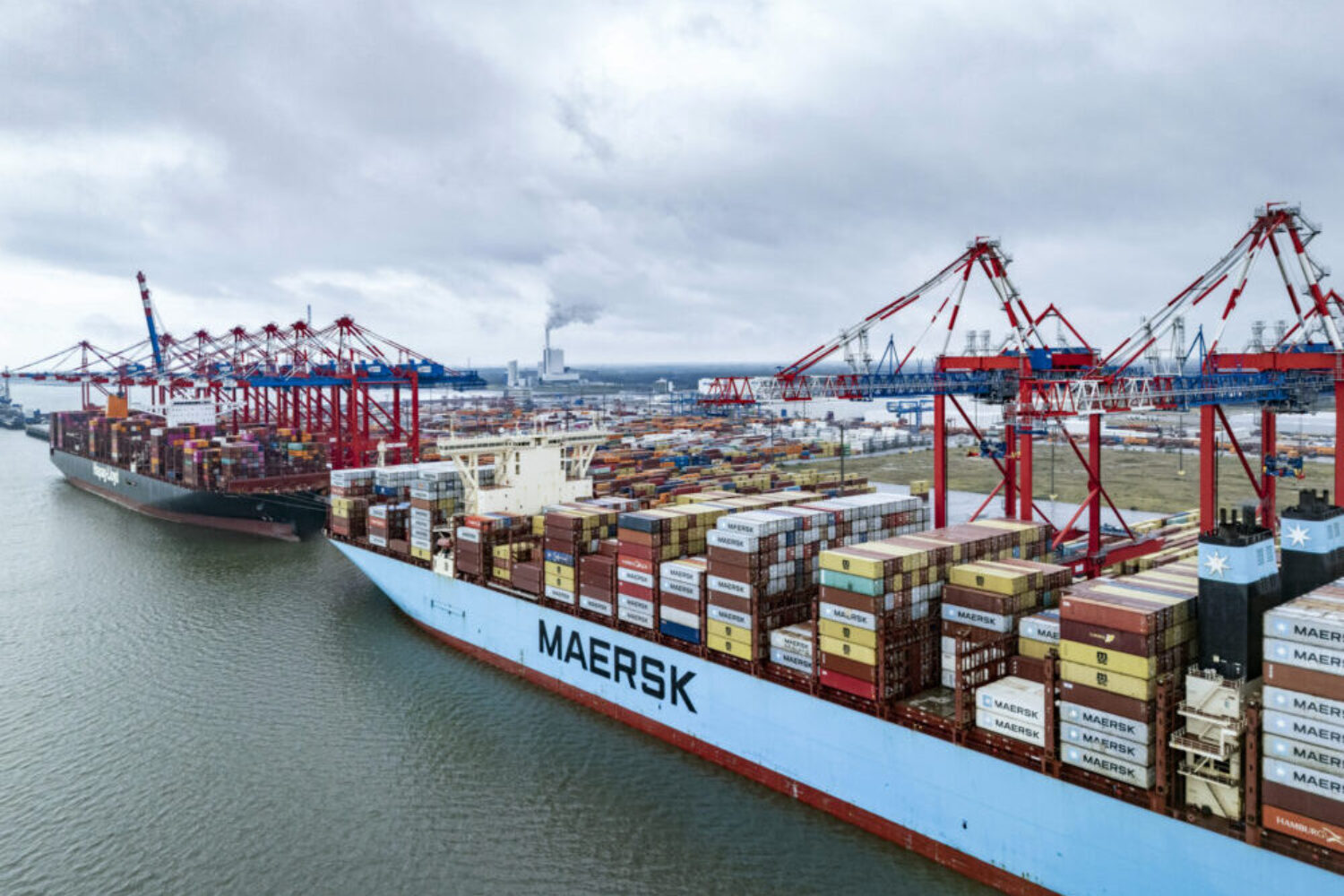The “hub-and-spoke” concept of the new Gemini alliance between Maersk and Hapag-Lloyd seems to be working: In February, the shuttle services kept to their schedules almost perfectly.
With two exceptions, the lines operated with absolute reliability. But the real test is yet to come.
In the history of container alliances, business has mostly focused on deep-sea liner services. In the shortsea sector, however, the individual partners have operated their own networks. With Gemini, Maersk and Hapag-Lloyd are pursuing a different approach: the alliance calls at fewer “large” ports – the so-called “hubs”, which include Wilhelmshaven, for example – but connects them with other destinations (the “spokes”) via shuttle services. The partners want to use this method to guarantee the highest possible reliability. Hapag-Lloyd CEO Rolf Habben Jansen said in February that he wanted to achieve a rate of over 90%.
Gemini keeps its promise – for now
In the first month, Gemini easily achieved this goal, as an analysis by Sea-Intelligence shows. In February 2025, 15 shuttle services were launched for the alliance, with a total of 28 planned for July. Ten of the services have commenced operations in Asia, two in Europe and three in the India/Middle East region. The punctuality of the services was 98.4%. With the exception of the two services A04 and A09 (both in Asia), all connections had a timetable reliability of 100%.
These figures may seem impressive, but some factors must be taken into account. For example, the performance of the new alliance (and MSC’s new network) will only become apparent when it is fully launched in July 2025. During the current launch phase, only a relatively small number of ships will be integrated into the network, whereas the later months will be more challenging as many ships will enter service simultaneously. In addition, reliable data is only available for 15 of the 28 planned routes.
It should also be mentioned that it is not yet possible to make any statements about the global services for the February period, as the connection between Asia and Europe, for example, will take longer than a month. The shuttles have therefore “only” delivered to the mainline services so far, but have not yet received any cargo from them. Nevertheless, Sea-Intelligence concludes that such a rate is an “impressive first achievement”.













